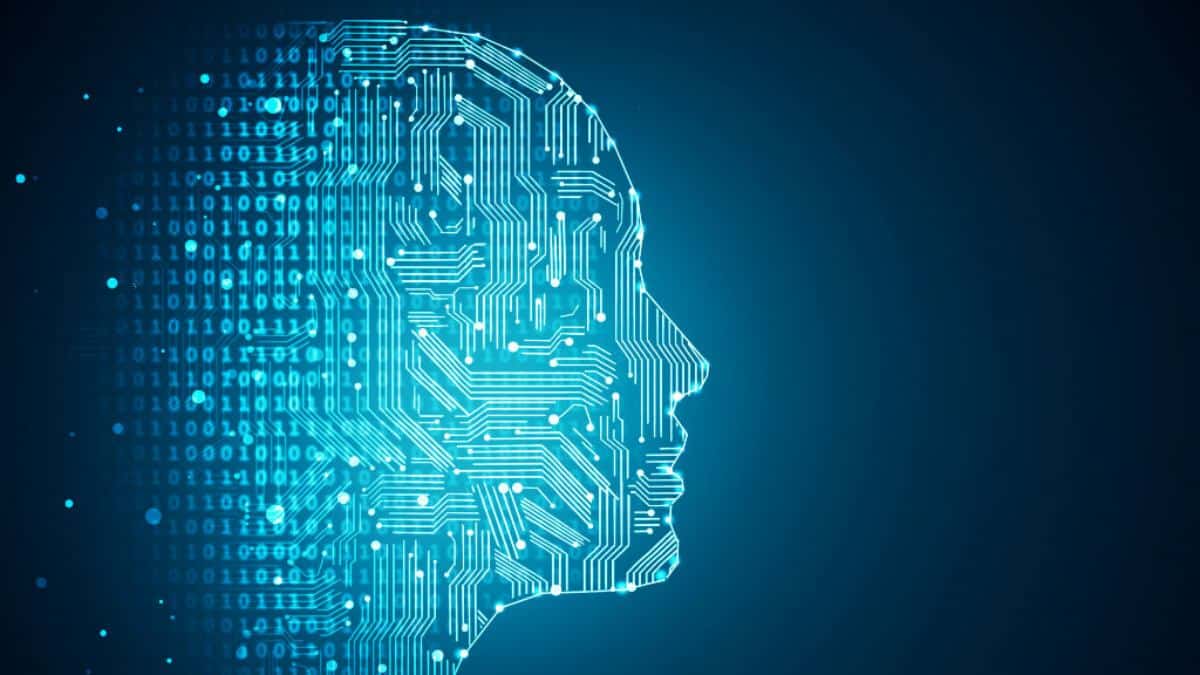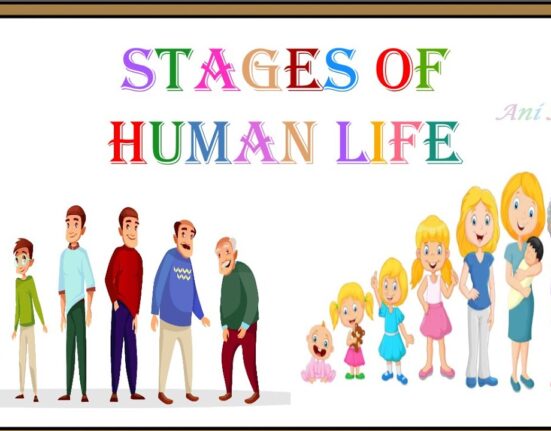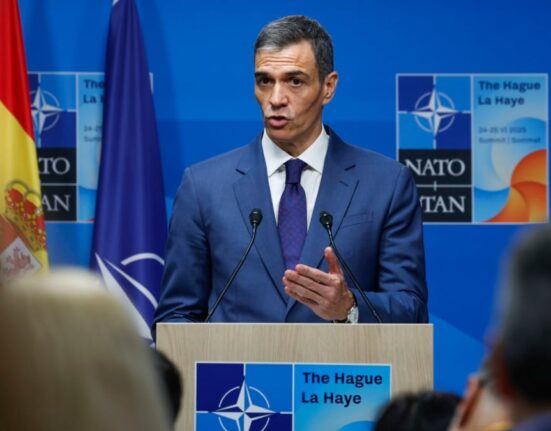Artificial Intelligence has revolutionized various aspects of our lives, from managing schedules to driving cars. But when it comes to cooking, AI seems to be a lousy chef. Picture this – my sage plant was barely surviving in a dim corner of my roof-deck garden until I shifted it to the sunniest spot. The transformation was remarkable. Suddenly, it was flourishing and producing an abundance of leaves that left me pondering what culinary delights I could create with them.
This simple act led me to experiment with AI cooking platforms. Excited by the prospect of blending technology with gastronomy, I eagerly delved into this futuristic world where algorithms and recipes converge. However, my enthusiasm soon turned into disappointment as I realized that AI still struggles to replicate the intuition, creativity, and sensory experience that human chefs bring to the table.
Cooking is not just about following instructions or combining ingredients; it’s a delicate dance of flavors, textures, and emotions. As renowned chef Julia Child once said,
“Cooking is like love; it should be entered into with abandon or not at all.”
This sentiment encapsulates the essence of cooking – a passion-driven art form that transcends mere sustenance.
While AI can analyze data and predict outcomes based on patterns, it lacks the inherent understanding of taste nuances and cultural influences that define culinary excellence. Cooking is steeped in tradition, innovation, and personal touch – elements that are challenging for algorithms to emulate successfully.
In an age where convenience often trumps craftsmanship, AI-powered kitchen gadgets promise efficiency and precision. From suggesting recipes based on available ingredients to controlling cooking appliances remotely, these technological marvels aim to simplify meal preparation and cater to our fast-paced lifestyles.
However, experts caution against overlooking the human element in cooking. Chef Thomas Keller emphasizes the importance of tactile engagement in culinary pursuits:
“Cooking is about creating something delicious for someone else—what greater gift can you give?”
This sentiment underscores how food transcends its nutritional value; it embodies care, culture, and connection.
Despite advancements in machine learning and artificial intelligence algorithms tailored for recipe generation or flavor profiling, there remains a gap between computational prowess and culinary mastery. The essence of cooking lies not just in achieving desired outcomes but also in cherishing the process—the aromas wafting from a simmering pot or the satisfaction derived from kneading dough by hand.
As we navigate this intersection of technology and tradition in the culinary domain, one thing remains clear: AI may assist us in meal preparation but cannot replace the soulful essence infused into dishes by passionate cooks worldwide. While machines excel at tasks requiring efficiency and repetition, they falter when confronted with the spontaneity and improvisation characteristic of creative cooking endeavors.
In conclusion,…









Leave feedback about this